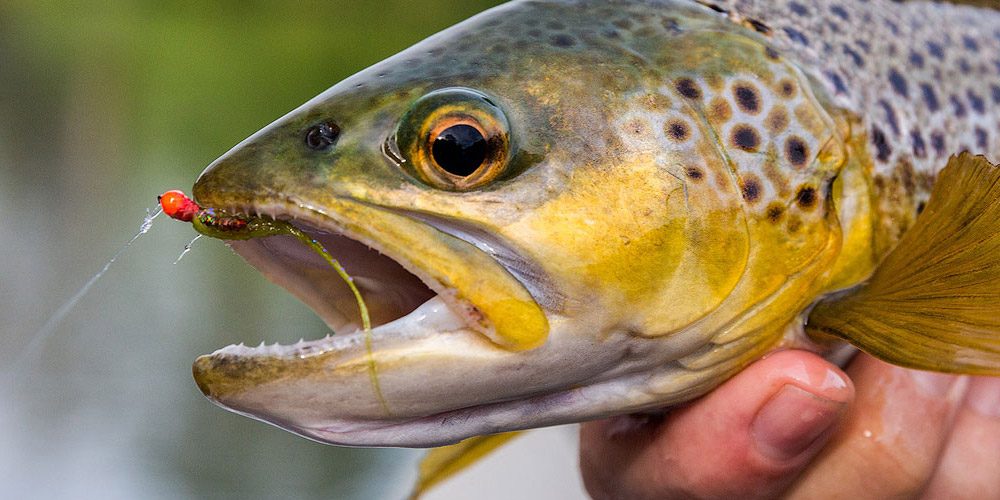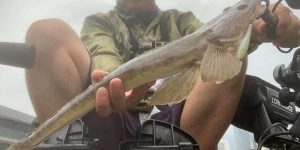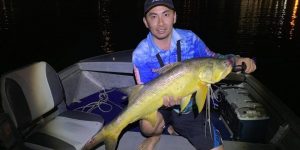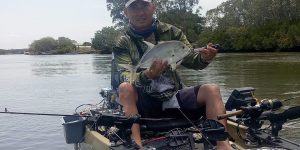Speak to any keen angler and they will have their own tips and tips to catch more fish. There is no right or wrong way when fishing, and what might work for you won’t work for someone else.
Many times I have been fishing with a friend, using very similar lures and I’ve come up trumps, a big donut, zero fish caught, whereas my friend has caught fish nearly every cast. Here are a collection of hints and tips which hopefully with increase your hookup rates and land more fish.
Be prepared
Preparation is the key to success in many cases including fishing. Before you even hit the water be sure to check all your gear including baitcasting or spinning reels, tackle, rods, etc, and if going boating, ensure your battery is working, fuel tank full and run the boat motor or trolling motor before you even get to the ramp. There is nothing worse than being at the ramp and either the boat won’t start, or you have forgotten a rod or other gear. Regular maintenance of your gear after every fishing trip will ensure for smooth fishing the next time you go out. Make sure you wash your gear properly and you can even go as far as checking your knots and leader so you spend less time rigging up and more time fishing next time you go out.
Decide on your target species
To increase your chances of catching fish, first, decide on what species you want to catch. This will help with your tackle and bait/lure selection. It’s no point fishing offshore with light tackle and worms for bait if you want to catch a tuna. Research your target fish and adjust your gear selection for optimal results, for bass for example, you can buy actual bass lures designed for that species. If you focus your efforts on just one or two species rather than a broad “catch all” approach your next fishing adventure will be far more effective.
Do your homework
It pays to do a little research into the areas you are fishing and the types of fish that inhabit the region, this will help with the previous step of deciding what species to target, but it will also help you with deciding on bait to use and the best times to fish. Work out what time the tides will be and fish them appropriately. Some fish species will be more active at sunrise and sunset, so if you are able to combine this period with an incoming or outgoing tide you may just have a better chance of landing fish. Put some research into where the reefs are, or any other structure worth fishing, talk to friends, read fishing reports and generally make yourself familiar with what is happening in the areas you are looking to fish.
Test the waters
Fish are very mobile and move around the waterways regularly, often covering large distances. One week your favorite fishing location might have a lot of activity, the next week it’s dead quiet. So rather than lose a days fishing and not catch a thing, it pays to first test the waters by either doing several drifts in a boat or set some baits and if the fishing is quiet move on to another location. Move around until you find where the fish are holding, by doing this you will also discover new reefs or structure which you can mark on your GPS for your next fishing trip, you never know when you will come across a random section of structure or reef holding quality fish.
Use electronics
There are some great products on the market these days to help you locate fish. Fish finders and GPS units have come along way and can save you from fishing “blind” and increase your fishing outcomes. We even built a pretty detailed comparison of the best fish finders around to help you out!





